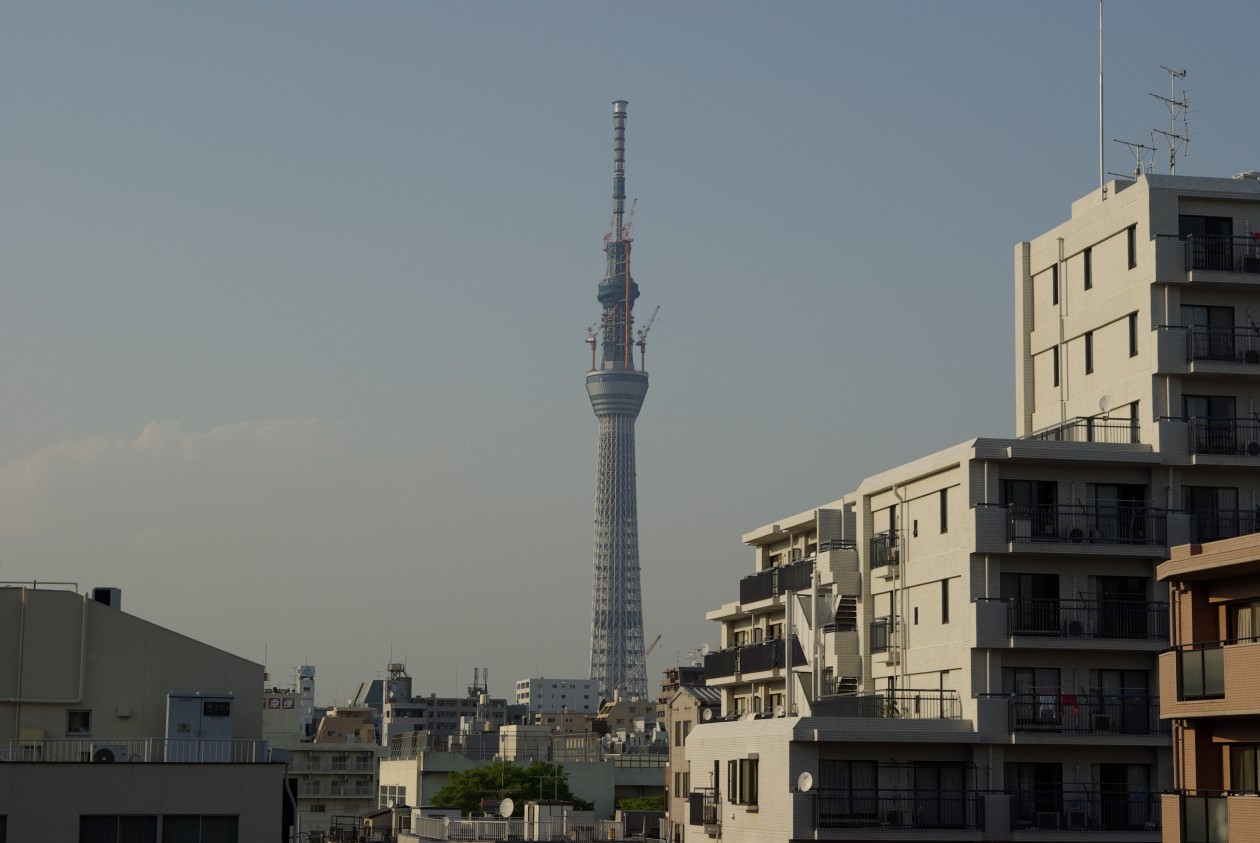Category Archives: 109 Hiragana Names
Satsuma in Kyushu 九州の薩摩 きゅうしゅうのさつま kyūshū no satsuma
What is in a name? Field 野 の

長野県 ながのけん Nagano Prefecture
Nagano = Long Field

野原 のはら nohara
Nohara = Field Plain

野球 やきゅう baseball
yakyū = field ball
And here is the most famous of them all:


うえのどうぶつせん Ueno Zoo


The old train from Ueno Station to Oomiya
It is interesting to note that from the kanji combination one cannot always be certain as to how to pronounce the name. The most common ones one would know, but sometimes one has to ask or to check in a dictionary. It is one reason why Japanese people often use めいし meishi or business cards with all the relevant information on it.
Here are some very every-day Japanese surnames; among them the previous Prime Minister’s name.
If you enjoy kanji, this site is wonderful:
What’s in a name? Japanese First Names
名前 なまえ Name (=the reputation you have when you stand before people)
What’s in a name? Names are special to parents and grandparents – sometimes a child is named after a senior member of the family. Sometimes a child is named because of special qualities wished for. Sometimes a name is chosen, because it sounds pleasant and sometimes parents go to great lengths to consult experts on kanji writing, so that the chosen name will reflect good luck. Whatever the chosen name may be, as in any language, it is hoped that the child wears the name with pride.
The problem with names is that families may choose a particular kanji for their child. Unless one knows, one may not be able to read it straight away A lot of memorisation will come into it. Name cards, めいし meishi, will also help later on in one’s career. Here are some simple examples.
Surnames with possible kanji meanings
What’s in a name? 山 やま yama mountain
What’s in a name? 水 みず mizu water
What’s in a name? This time we have a look at the kanji for 水 みず mizu water. It is fairly common. The name Mizutani is famous in Japanese language teachers’ circles.
The kanji 水 みず mizu water is of course best known for the day of the week: Wednesday – Water Day:
In this combination the same kanji is pronounced 水 すい sui, but it still means water.
What’s in a name? 中 なか naka in, inside, within
What’s in a name? This time we have a look at the kanji for in or inside. It is used often in names, showing the location of where the family originally lived within the village, or where their property was in relation to the rest of the village. It could also have been used to show social standing – all sorts of reasons.
Here are some everyday names that contain the kanji 中 なか naka.
One can also see it at the end of a name:
Interestingly, the kanji can also be pronounced as ちゅう chū. However, as such it doesn’t happen in Japanese names or surnames. It does appear as such in many Japanese everyday words, just not as part of a name.
What’s in a name? Wisteria 藤 ふじ fuji
What’s in a name? This time we have a look at the kanji for wisteria. The Japanese word for wisteria is 藤 ふじ fuji. The word is relatively common in names of people as well as place names. Here is a selection of such names:
However, the kanji 藤 ふじ fuji can also be pronounced as とう tō and in that way it turns up in names such as:
By the way, the word 藤 ふじ fuji wisteria has nothing to do with the word for the highest mountain in Japan. Different kanji and different meaning. Just coincidence.

































































































